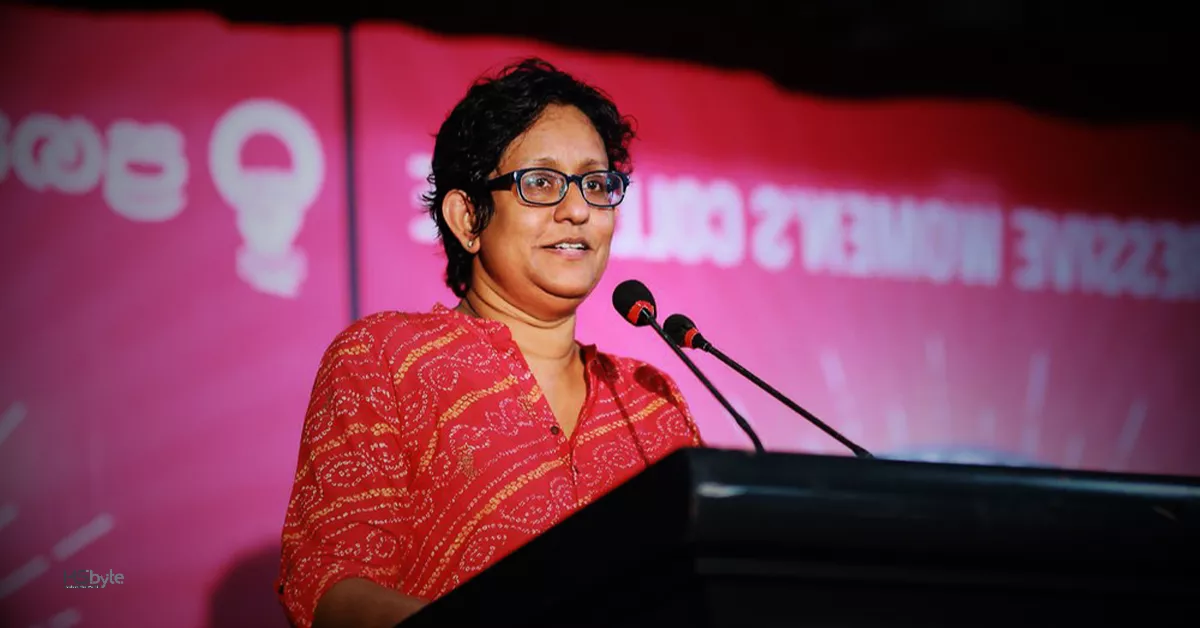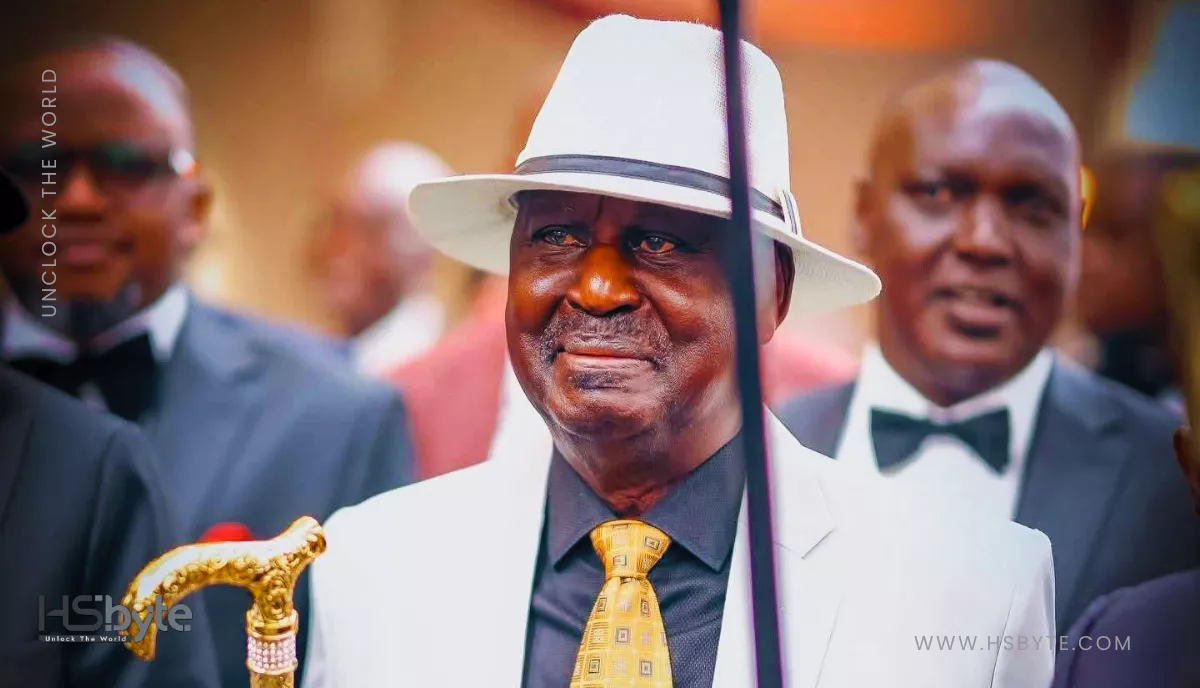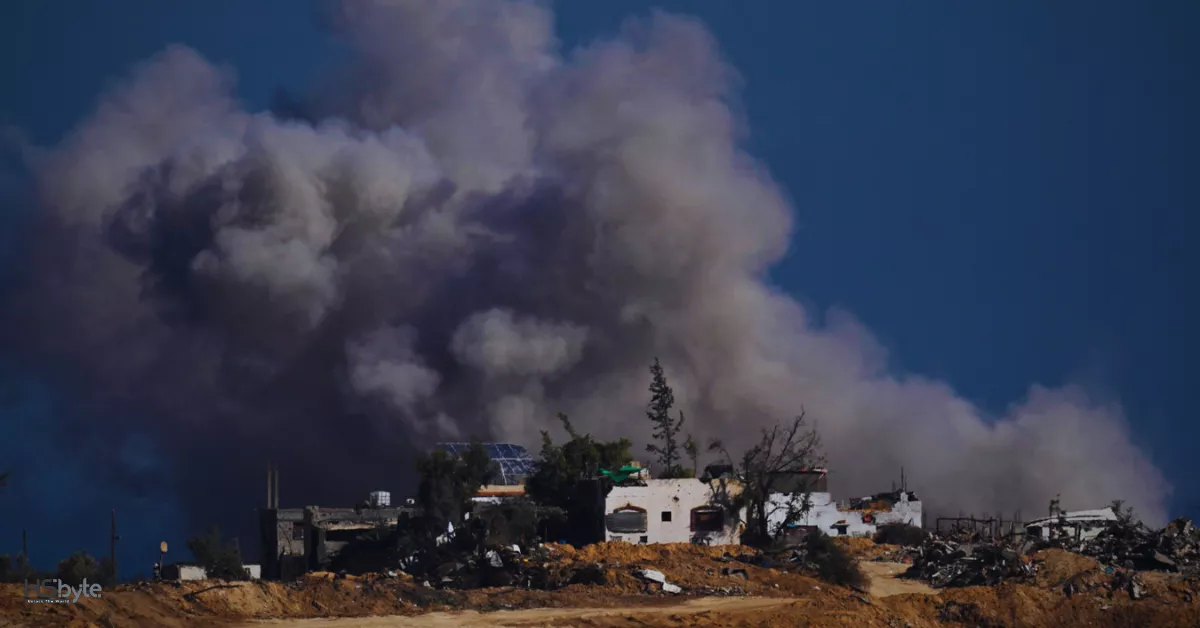

- Share
Sri Lanka Names Harini Amarasuriya as Third Female Prime Minister
Sri Lanka has made history by appointing Harini Amarasuriya, a former university lecturer and dedicated activist, as its third female prime minister. The decision was announced by newly elected President Anura Kumara Dissanayake on Tuesday, marking a significant step in Sri Lankan politics. Amarasuriya’s appointment stands out as she becomes the first academic to ever hold the prime ministerial office in the country.
Dissanayake, who leads the left-leaning National People’s Power (NPP) alliance, made this historic appointment as part of his new interim government. The NPP holds only three seats in Sri Lanka’s 225-seat parliament, but the party has been gaining ground with its strong stance on anti-corruption and anti-poverty measures. Amarasuriya, along with Dissanayake, has been a vocal advocate for these policies, which were central to the NPP’s campaign.
The interim cabinet, announced alongside Amarasuriya’s appointment, will be one of the smallest in Sri Lanka’s history. The NPP has distributed the remaining cabinet roles among its two other MPs. With the country facing ongoing economic struggles and social unrest, Dissanayake hinted that the parliament might soon be dissolved, making way for fresh elections. “There is no point continuing with a parliament that doesn’t reflect the people’s will,” Dissanayake stated.
Amarasuriya brings a wealth of experience as a social activist and educator. Her political career began after she joined protests in 2011, advocating for free education in Sri Lanka. Since then, she has championed causes such as youth development, child protection, and gender equality. Her expertise in these areas aligns with her new responsibilities as the minister for justice, education, and labor.
At 54 years old, Amarasuriya is making waves not just as Sri Lanka’s 16th prime minister but as a symbol of change in a country where political leadership has long been dominated by family dynasties. She follows in the footsteps of Sirimavo Bandaranaike and Chandrika Bandaranaike Kumaratunga, the only two other women to have held the office of prime minister—both with deep family roots in politics. Amarasuriya, in contrast, has carved out her own path through activism and education, showing a new face of leadership.
Political Landscape and Future Elections
The NPP’s rise comes amid Sri Lanka’s ongoing recovery from its 2022 economic collapse. Dissanayake’s election victory, which marks the first major political shift since the crisis, represents a growing dissatisfaction with traditional political elites. In the 2019 presidential election, Dissanayake garnered just 3% of the vote, but his focus on tackling corruption and reducing poverty has since resonated with voters. The public’s growing support for change has made the NPP a key player in Sri Lankan politics.
As speculation continues about the dissolution of parliament, many expect that a new election may be called soon. Dissanayake’s statements suggest that the current government’s tenure could be short-lived, as he seeks a fresh mandate more aligned with the people’s demands. Regardless of the timeline, the NPP’s influence, led by Dissanayake and Amarasuriya, is set to shape Sri Lanka’s political future.
Harini Amarasuriya: A New Era of Female Leadership
Amarasuriya’s rise to the office of prime minister signifies a turning point for Sri Lankan women in politics. In a country where political leadership has often been passed down through family ties, her appointment highlights the potential for individuals outside these traditional power structures to make a significant impact. As she takes on her role, Amarasuriya’s commitment to social justice, education, and equality will no doubt shape her tenure, as she seeks to lead Sri Lanka through its ongoing challenges.
The appointment of a female prime minister for the third time in Sri Lanka’s history signals a shift toward inclusivity and reform. Amarasuriya’s academic background and activist roots provide a fresh perspective, one that is crucial as the nation continues to recover from recent crises. Her leadership, alongside Dissanayake’s vision for a more just and equitable Sri Lanka, could mark the beginning of a new political era for the country.
You May Also Like


Israeli Hostage Couple Reunited After 738 Days

Raila Odinga Dies at 80: Kenya Mourns Political Giant

Trump Demands Hamas Disarm Amid Brutal Gaza Crackdown

Israeli Strikes on Iran Heighten Tensions

UNIFIL Post Breached: Israeli Tanks Escalate Tensions
Latest Update


Elon Musk’s Controversy: Shunned from UK Investment Summit


Israel Strikes Hezbollah Relentlessly Amid War Fears

Luxury Yacht Hire In Sydney: Exclusive Waterfront Charters

